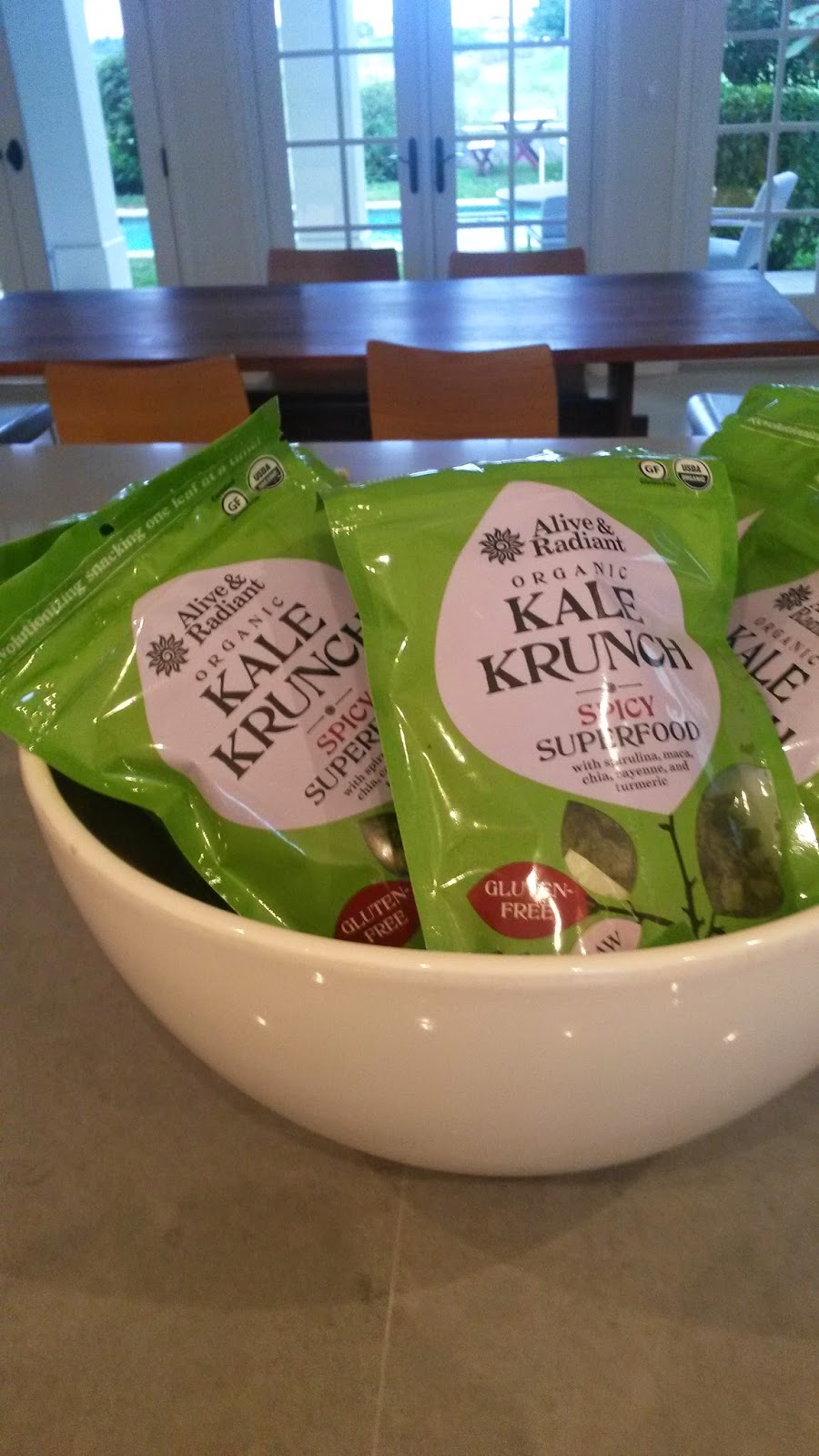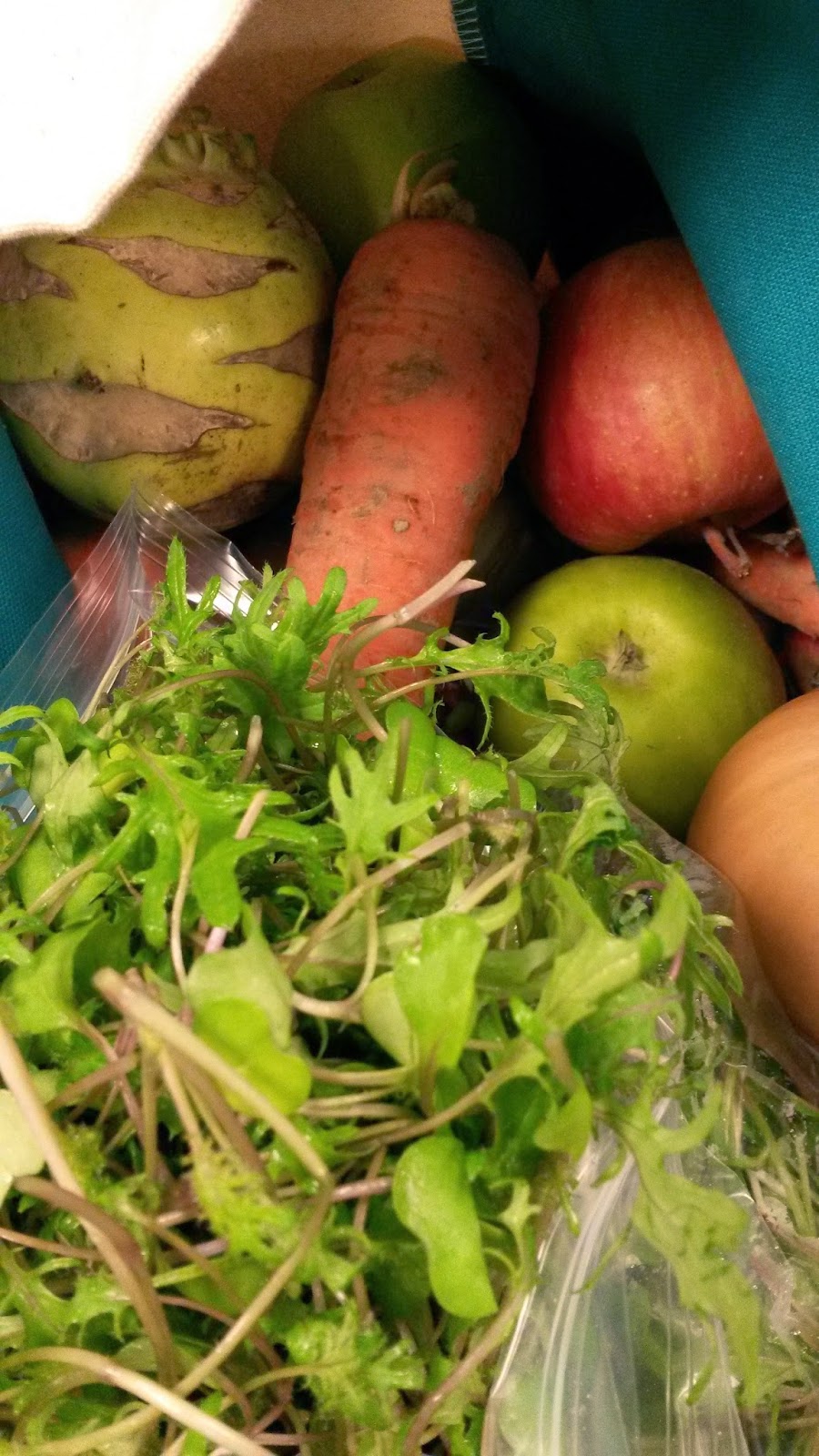



Snacking somehow became status quo. But why? Do we need snacks? Should we recommend snacks to children? Should mothers push strollers around with snacks stuffed in the pouches? Should bookstores and libraries allow snacks and sell them? Should we keep bags of chips or cookies by our desks at work?
Hell, no. The answer is clear cut. The mainstream medical establishment encourages snacking or small meals merely because that method can lead to more stable blood sugar. We have all heard that five small meals a day are better than fewer larger meals. Yet, this is not supported by data. It is true only if A) meals are high in quickly absorbed starches or sugars which raise blood sugar levels and B) meals are simply too big. That is, it is true for Americans already in the pre-diabetes lifestyle. For most people, solving the actual problem of what causes a spike in blood sugar and what should comprise the meal is better than snacking throughout the day. If those on the verge of a blood sugar issue continue with small meals and snacks, they might not address the underlying problem and the result will eventually be more blood sugar highs and lows in each day.
Fact: Reasonable meals that do not contain anything that causes blood sugar to rise rapidly will not result in the low that needs to be negated by a snack or small meal.
 |
| My favorite snack but it works as a lunch or with my lunch. |
If you are stuck in the american cycle of blood sugar spikes and drops you probably see some shifts in mood during the day. Whether you are all up and all down or you have a little more consistency (a wavy line like the Catskills rather than a mountain range like the Rockies), you still could benefit from two or three meals a day. A completely even blood sugar level throughout the day is ideal and lends itself to better temperament and lots of energy. So, how do we achieve this?
 |
| Vegetables & apples from Union Square Greenmarket. |
Anyone can do it. Simply, eat less. And, eat nothing that spikes blood sugar. If you are a carb craver, try brown rice, quinoa, lentils and beans with your meal but you will see some blood sugar rise from those compared to a meal where vegetables, nuts and seeds are the only source of carbs. If you can make due without grains, aim for meals of vegetables, nuts, seeds, and avocado with healthy oil. If you eat processed carbs, bread at lunch or packaged food, then you have room to improve. If you already eat healthy organic foods, but would like to see either weight loss or more energy, try spacing your meals and eliminating snacks.
 |
| Cappuccino with unsweetened almond milk. |
Lots of food traditions focus on one large meal. Referring to dinner as supper has the implication of a larger lunch. Ayurvedic teachings that digestion is best midday are backed by 3000 years of tradition. Macrobiotics follow similar guidelines suggesting eating two or three times a day, certainly not snacking in between. Some ketogenic diet followers also encourage meal timing limits and limited carbs only early in the day. Whether it is a health and medicinal tradition or just a cultural tradition, larger meals with filling vegetables and fats in the middle of the day are an established way of many healthy societies that are not suffering from overeating the way Americans are.
I think Carol Brady was right to nudge Mike when he was snacking while on his diet. Snacking in the 1970s was considered bad. And now look at us.
5 Quick Tips for Snack -Free Living & Early Eating
- If something you love to eat is considered a snack food, add it to your meal. For example, I love peanuts. But I don't want to nibble on them all day. So I have some nuts or nut butters with meals.
- Limit processed carbs so there is no blood sugar low to fight off with a snack.
- Hang out places where snacks are not offered or permitted. Do not carry snack food with you.
- Bring lunch to work. Have shredded or sliced vegetables prepared in advance so cooking is easier.
- Exercise after meals to stabilize potential blood sugar rises (even a quick walk up a flight of stairs or a few push-ups can) You might find you don't want a snack at your usual time.
 |
| I will rethink my loyalty when supply runs out. The new recipe is pretty awful. |
- Don't eat before 7 a.m. (Extra tip: Make your breakfast a drink with little or no sugar (no fruit) (I have a quirky drink of Vega with organic matcha powder, spirulina crunchies, and decaf dried organic coffee and sometimes a few spoons of a nut butter)
- Make late lunch or early dinner your biggest meal. (Aim for 6 hours between breakfast and lunch)
- Avoid snacking triggers. (Places, smells, going home during the day for many people)
- Don't eat after 6 unless you can not avoid it for social occasions.
- Start slowly, pick a few days to have the snacks you were having. Eat heavier foods at meals so you feel satisfied.

No comments:
Post a Comment